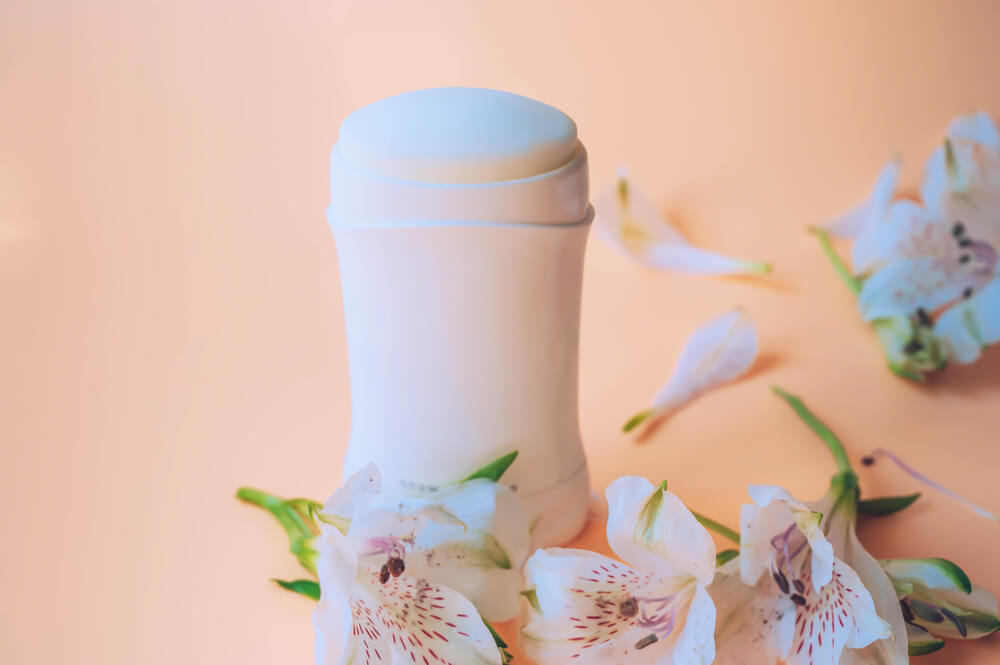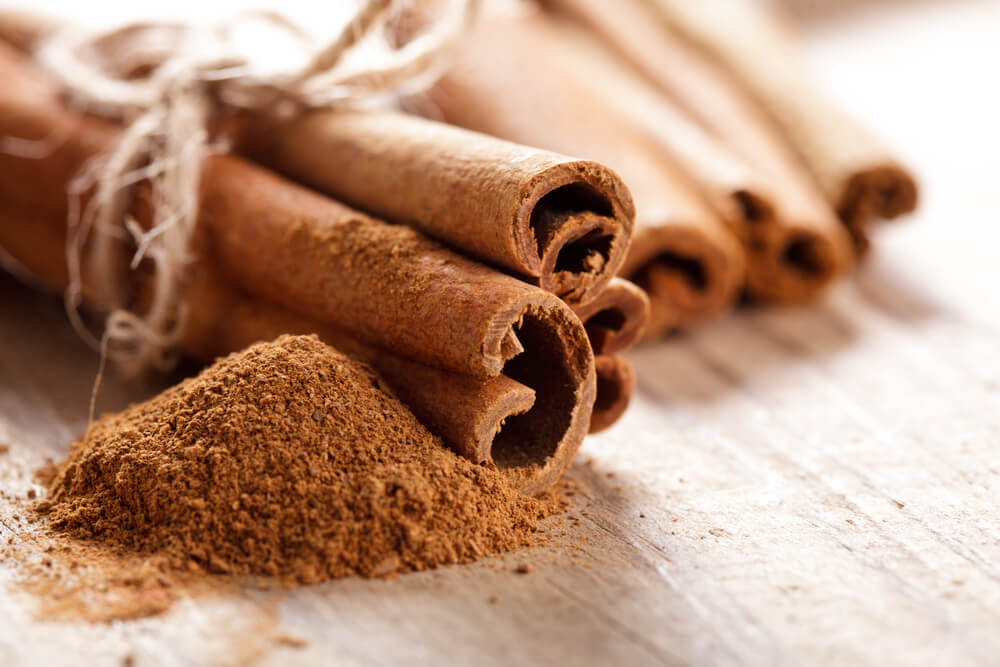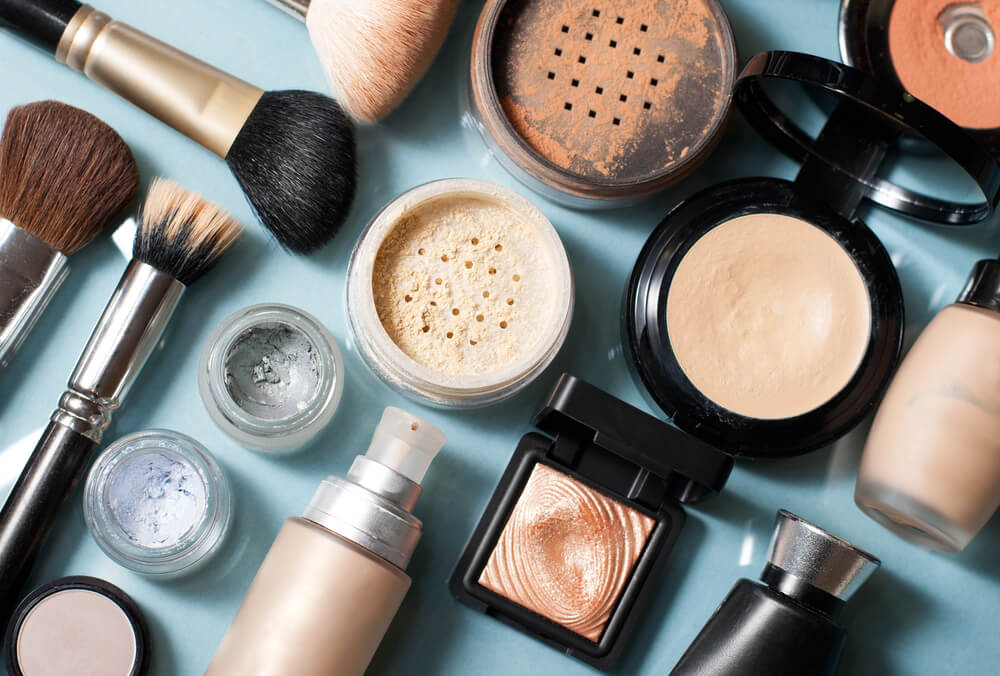Antiperspirant in the heat: the chemist told about the tricks of manufacturers and the real risks
'02.06.2021'
Source: New Time
When in scientific articles they talk about the negative effect of aluminum on the body, then all the terrible figures most often refer to the internal reception of compounds of this metal.

Summer is expected to bring seasonal questions about natural deodorants without aluminum and the statement that alum is natural and safe. Further - how important it is to “follow hands” in this chemical topic, New Time said chemist, product development engineer Yulia Gagarina.
Manipulation №1: "The best deodorants without aluminum." When I am shown ratings of deodorants without aluminum, I want to tell in response to the famous anecdote about the Elusive Joe - whom until now nobody has caught because no one catches him. Aluminum salts are needed to stop sweating. This honorable mission is assigned to antiperspirants. In deodorants, the main task is to remove the unpleasant odor, and this requires not aluminum, but antiseptic additives that kill odor-emitting bacteria. And therefore the rule “or / or” most often operates on the market. It is very rare to find the means, which are indicated through the dash: antiperspirant deodorant. Therefore, the “rating of the best deodorants without aluminum salts” is such an innocent form of manipulation with concepts.
On the subject: 10 female sweat deodorants that are popular in the US
Manipulation No. 2: "We do not have aluminum - we have alum." Today it is customary to talk proudly about the fact that the antiperspirant contains a special, natural form of the mineral (alum). Remember, in the film What Men Talk About, there was a monologue about croutons and deflops? “A toast in our restaurant is called Cruton. This is exactly the same toasted piece of bread, only a toast cannot cost $ 8, and crouton can. ”
Alum is a generic term for sulphates of double aluminum salts. In English literature, they are designated as alum. These are crystals enclosing water molecules. In antiperspirants, two types of alum are most often used:
- ammonium alumina alum NH4Al (SO4) 2 * 12H2O is the formula of the natural mineral chernigita, but it is extremely rare, therefore it is most often grown artificially;
- potassium alumina KAl (SO4) 2 * 12H2O, in English literature - potassium alum, they are potassium-aluminum sulphate 12-water or aluminum potassium sulfate 12-hydrate.
If you do not bite your antiperspirant, there is no cause for concern.
Alum is a concept, and aluminum is the name of an element of the periodic table, aluminum. And the principle of action and alum, and "synthetic" aluminum chlorohydrate - the same: there is a decomposition of salts with the formation of aluminum ions, and in both cases - positively charged molecules.
Manipulation No. 3: "Alum antiperspirants are safe aluminum, inactive." The main accusation against "synthetic aluminum" - it causes the appearance of free radicals. Indeed, it is ionized and forms a free radical (AL +++). But the decomposition of natural alum - a surprise-surprise - exactly the same ions are formed. Then everything can, if desired, be described in black colors: “Free radicals are poison that can cause cancer ...”. From myself I will add that it may not cause, but be used by our cells as a "signal marker" for the immune system. There is no categorical nature, all poison in it - and all medicine. Mitochondria - the energy stations of our cells - produce energy, and the by-product of this process is also free radicals.
On the subject: Life hacking: what to do if you forgot to use deodorant
Manipulation No. 4: "Our aluminum does not penetrate cell membranes." What can I say, aluminum alum and aluminum "synthetic" work exactly the same. First, both do not penetrate the cell through the membrane. Secondly, both options are “stuck” in the upper layer of dead cells - if the skin is not damaged, then it is about 0,01%, if it is damaged by shaving or depilation - about 0,06%. 2016 research of the year showed that even aluminum nanoparticles are not able to penetrate the bloodstream. And small amounts that come into contact with living cells of the epidermis are not a reason for panic. The presence of aluminum in one form or another is found in virtually all human organs.
And finally, the most important thing. Manipulation No. 5: "Aluminum in antiperspirants causes cancer." This fear has a reason and a long history. Walk on dates.
In 2003, an article was published in the United States, the authors of which ascertained the presence of aluminum in tumors of patients with breast cancer. At the same time, they suggested that aluminum salts, the main component of antiperspirants, can provoke this form of cancer. The link between aluminum and cancer has been closely studied over the next ten years, and in 2014, two groups of researchers, independently of each other, came to the conclusion: there is no clear evidence that using aluminum-containing antiperspirants and deodorants increases the risk of breast cancer. In 2017, another group of scientists confirmed that aluminum is not a tumor trigger. It only accumulates in the already existing tumor tissue, as well as other minerals - cadmium, nickel, bromine, calcium and others.
In general, when in scientific articles they talk about the negative effect of aluminum on the body, all the terrible figures most often refer to the internal reception of compounds of this metal. It is the most dangerous when inhaled - in this case, aluminum accumulates in the lungs, causing pathological changes in the lung tissue, as well as in the blood. But if you do not bite your antiperspirant and do not work in heavy industry, there is no cause for concern. Keep calm and be beautiful.







